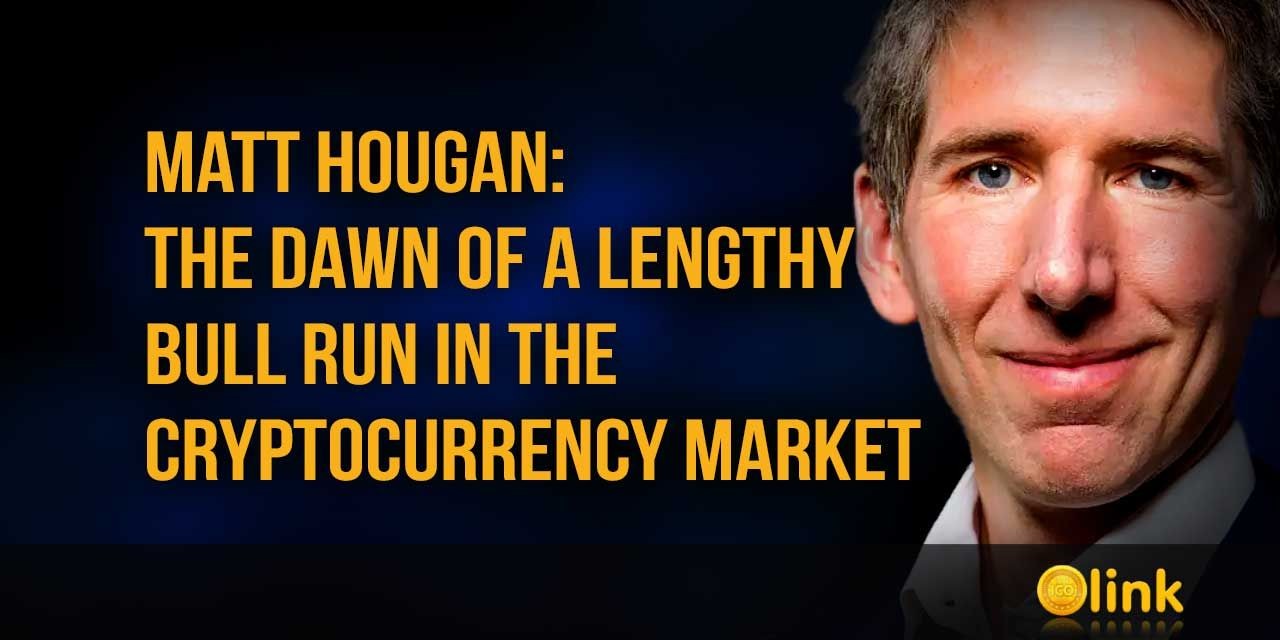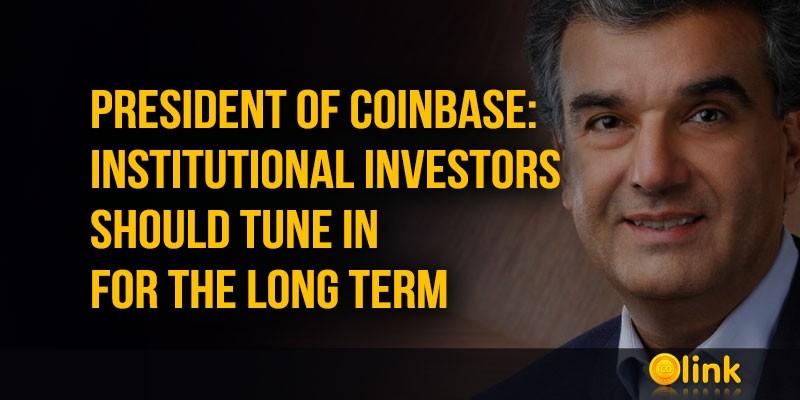institutional investors
Here you will find all posts tagged institutional investors
About institutional investors ℹ️
Institutional investors are entities that invest large sums of money on behalf of organizations or groups of individuals. These investors include pension funds, insurance companies, hedge funds, mutual funds, banks, and other financial institutions. Unlike retail investors who invest their personal savings, institutional investors manage funds entrusted to them by their clients or stakeholders. Institutional investors play a significant role in financial markets due to the size and scale of their investments. They have the ability to influence market trends, asset prices, and trading volumes, and their investment decisions often have far-reaching implications for the broader economy. One of the key characteristics of institutional investors is their focus on long-term investment strategies. Unlike individual investors who may trade based on short-term market movements or sentiment, institutional investors typically have longer investment horizons and aim to generate consistent returns over time. Institutional investors often have access to a wide range of investment opportunities and asset classes, including stocks, bonds, commodities, real estate, private equity, and alternative investments. They employ professional investment managers and analysts to research and analyze investment opportunities, manage portfolios, and mitigate risks. In recent years, institutional interest in cryptocurrency and digital assets has grown significantly, with many institutions allocating funds to cryptocurrencies such as Bitcoin and Ethereum as part of their investment strategies. This institutional adoption has been driven by factors such as the increasing acceptance of cryptocurrencies as legitimate investment assets, the potential for portfolio diversification, and the growing interest in blockchain technology. Overall, institutional investors play a crucial role in financial markets, contributing to price discovery, liquidity, and market efficiency. Their investment decisions shape the direction of global markets and have a profound impact on the allocation of capital and the performance of investment assets.
Cryptocurrency Market Predicted to Enter Multi-Year Bull Cycle | Insights from Bitwise CEO Matt Hougan
The founder of the Binance cryptocurrency exchange, Changpeng Zhao, suggested that institutions pay attention to cryptocurrencies.
A study of Binance, one of the largest cryptocurrency exchanges, showed that new institutional investors are coming into the industry, which may affect the rise in Bitcoin prices.
According to analysts, a significant number of new investors are entering the market, which have a large amount of funds.
Founder of the Ikigai cryptocurrency hedge fund Travis Kling believes that a small group of wealthy traders can push the Bitcoin rate to new heights.
Kling based on data from its own analysis and information from other institutional investors. In his opinion, there is a small group of "risky whales", which caused the recent take-off of the first cryptocurrency course.
President and Chief Operating Officer of Coinbase Asiff Hirji said that institutional investors who have short-term goals, it is better not to touch cryptocurrency.
During his speech on CNBC, Hirji stressed that his company warned investors to be cautious during the period of explosive growth of Bitcoin back in 2017, but many cryptocurrency enthusiasts did not heed the warning.
The well-known Bitcoin-optimist and former hedge fund manager Michael Novogratz, who previously assumed the price movement of Bitcoin to new historical heights until the end of 2018, revised his forecast.





